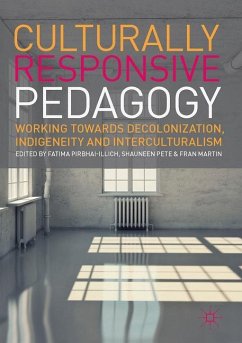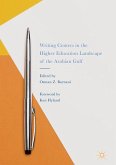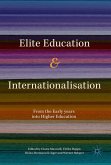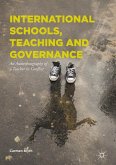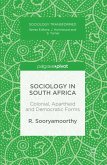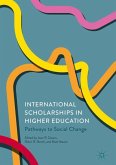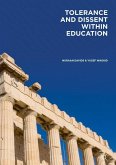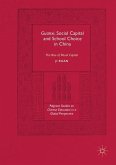This book convincingly argues that effective culturally responsive pedagogies require teachers to firstly undertake a critical deconstruction of Self in relation to and with the Other; and secondly, to take into account how power affects the socio-political, cultural and historical contexts in which the education relation takes place. The contributing authors are from a range of diaspora, indigenous, and white mainstream communities, and are united in their desire to challenge the hegemony of Eurocentric education and to create new educational spaces that are more socially and environmentally just. In this venture, the ideal education process is seen to be inherently critical and intercultural, where mainstream and marginalized, colonized and colonizer, indigenous and settler communities work together to decolonize selves, teacher-student relationships, pedagogies, the curriculum and the education system itself. This book will be of great interest and relevance to policy-makers andresearchers in the field of education; teacher educators; and pre- and in-service teachers.
"This book brings together a broad range of educators from different countries and of different racialised identities to examine culturally responsive pedagogy in teacher education. ... This book will be of interest to teacher educators and to teachers, researchers and students interested in critical pedagogy and culturally responsive pedagogy." (Darren Chetty, Educational Review, Vol. 70 (04), 2018)
"The book is well worth reading - and not only by teacher educators and pre-and in-service teachers; it is a welcome addition to the literature that addresses decoloniality at all levels of education. ... the book will be of significant interest to those who are engaging with decolonistation of the curriculum - in any context - and is recommended highly." (Sheila Trahar, Compare A Journal of Comparative and International, September, 2017)
"The book is well worth reading - and not only by teacher educators and pre-and in-service teachers; it is a welcome addition to the literature that addresses decoloniality at all levels of education. ... the book will be of significant interest to those who are engaging with decolonistation of the curriculum - in any context - and is recommended highly." (Sheila Trahar, Compare A Journal of Comparative and International, September, 2017)

